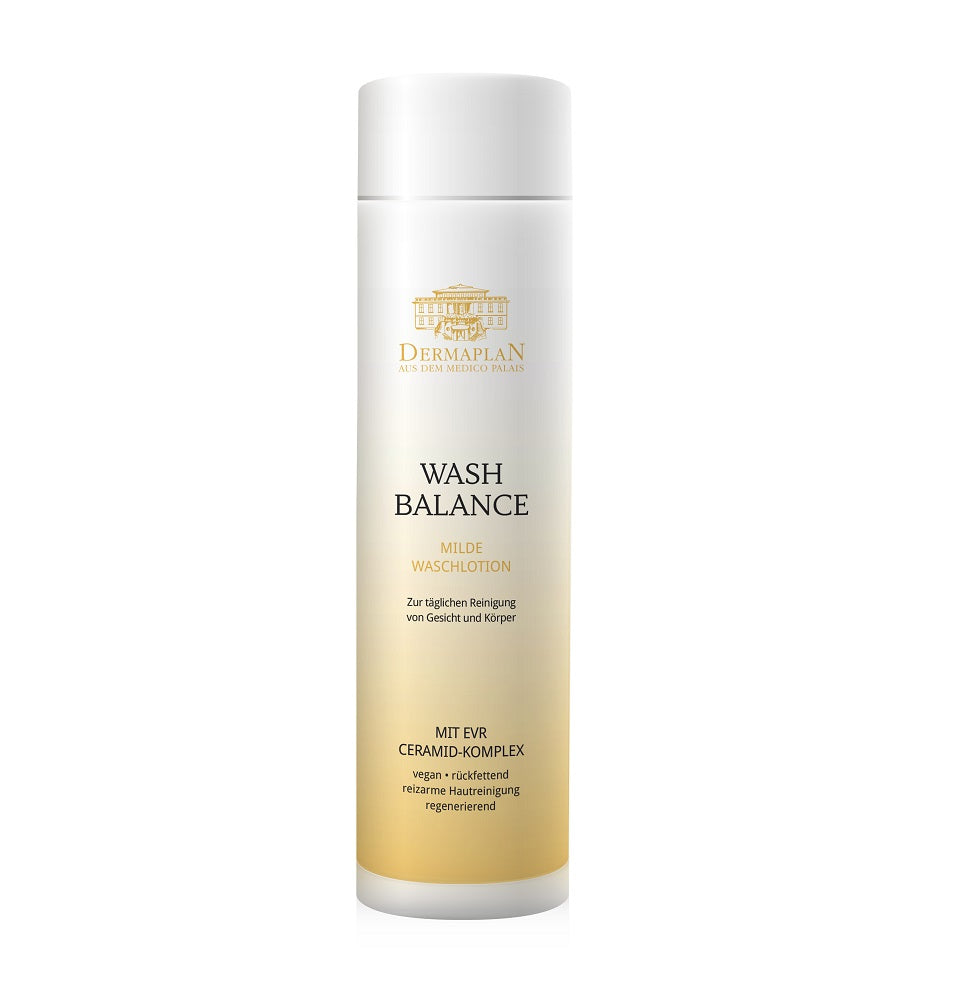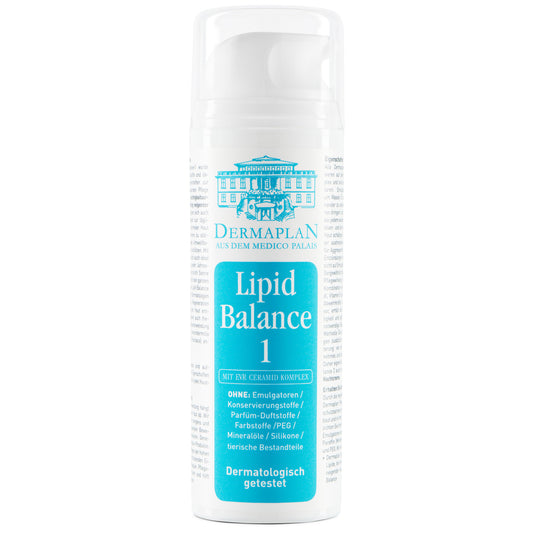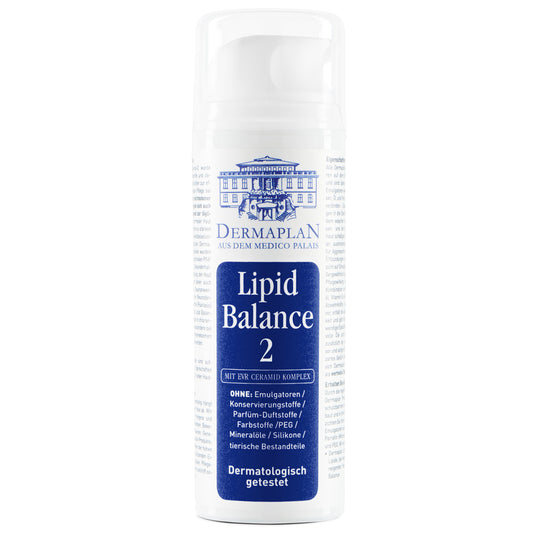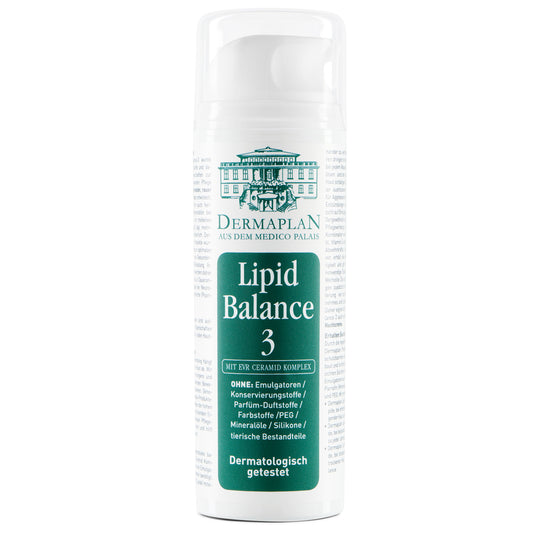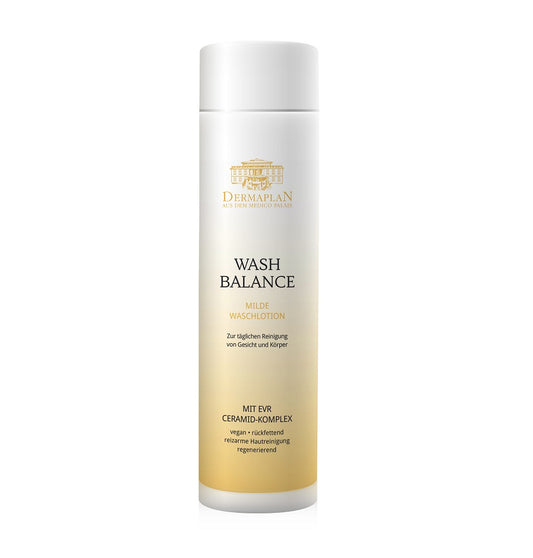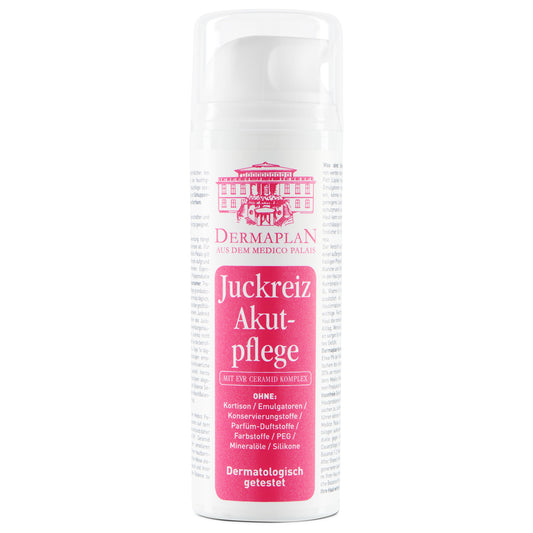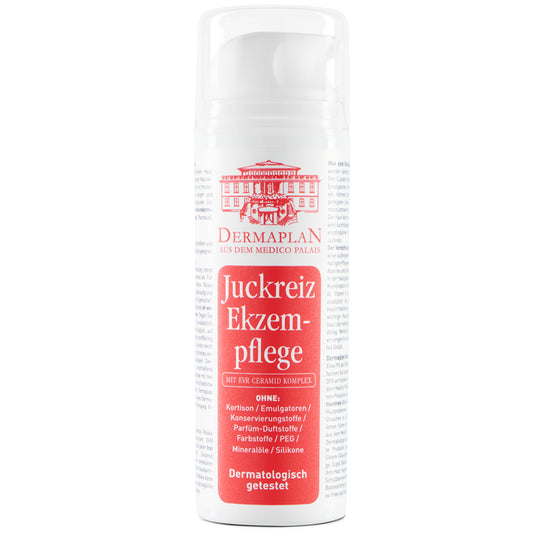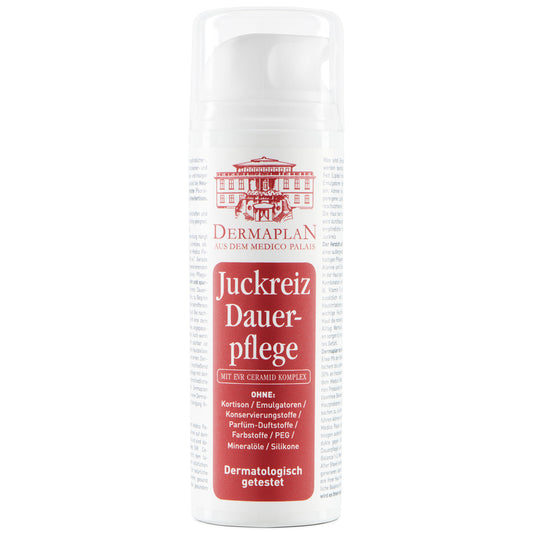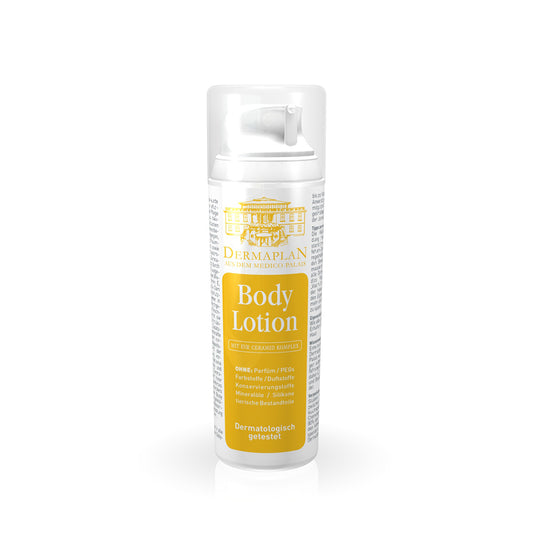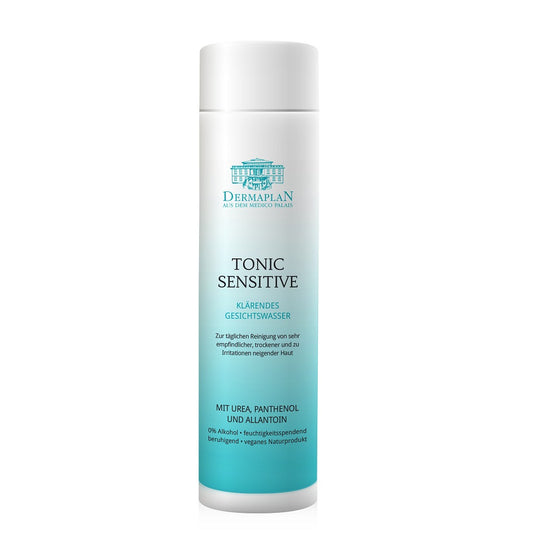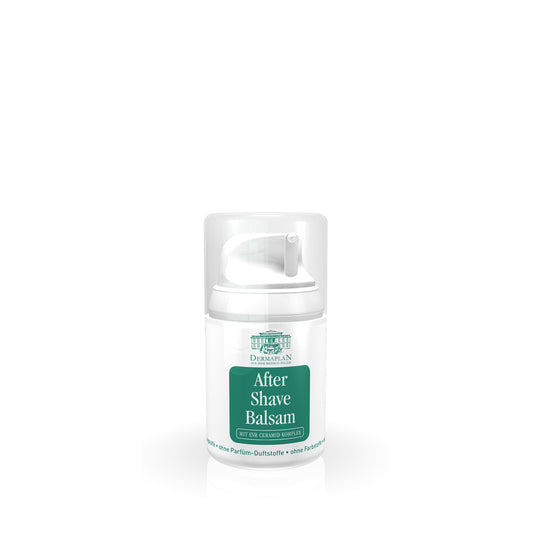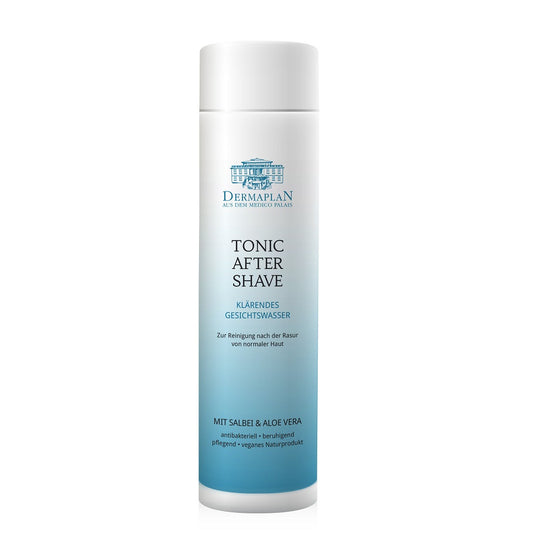Kategorie:
Filtern nach:
scope
skin problem
-
Dermaplan Lipid Balance 1
Vendor:DermaplanRegular price From €27,95 EURRegular priceUnit price per -
Dermaplan Lipid Balance 2
Vendor:DermaplanRegular price From €27,95 EURRegular priceUnit price per -
Dermaplan Lipid Balance 3
Vendor:DermaplanRegular price From €28,95 EURRegular priceUnit price per -
Dermaplan Washbalance for face and body 200ml
Vendor:DermaplanRegular price €23,95 EURRegular priceUnit price per€0,00 EURSale price €23,95 EUR -
Dermaplan Itching Acute Care
Vendor:DermaplanRegular price From €28,95 EURRegular priceUnit price per -
Dermaplan Itching Eczema Care
Vendor:DermaplanRegular price From €28,95 EURRegular priceUnit price per -
Dermaplan Itching Permanent Care
Vendor:DermaplanRegular price From €28,95 EURRegular priceUnit price per -
Dermaplan Body Lotion - 150ml
Vendor:DermaplanRegular price €29,95 EURRegular priceUnit price per€0,00 EURSale price €29,95 EUR -
Dermaplan Tonic Sensitive 200ml
Vendor:DermaplanRegular price €22,95 EURRegular priceUnit price per€0,00 EURSale price €22,95 EUR -
Dermaplan After Shave Balm - 50ml
Vendor:DermaplanRegular price €16,90 EURRegular priceUnit price per€0,00 EURSale price €16,90 EUR -
Dermaplan Tonic After Shave 200ml
Vendor:DermaplanRegular price €22,95 EURRegular priceUnit price per€0,00 EURSale price €22,95 EUR
Our care for irritated skin therefore works:
Irritated skin and its symptoms
Causes of irritated skin
Effectively care for irritated skin with Dermaplan
FAQ Irritated skin
How do I recognize irritated skin?
What soothes irritated skin?
What causes irritated skin?
What is the best way to care for irritated skin?
